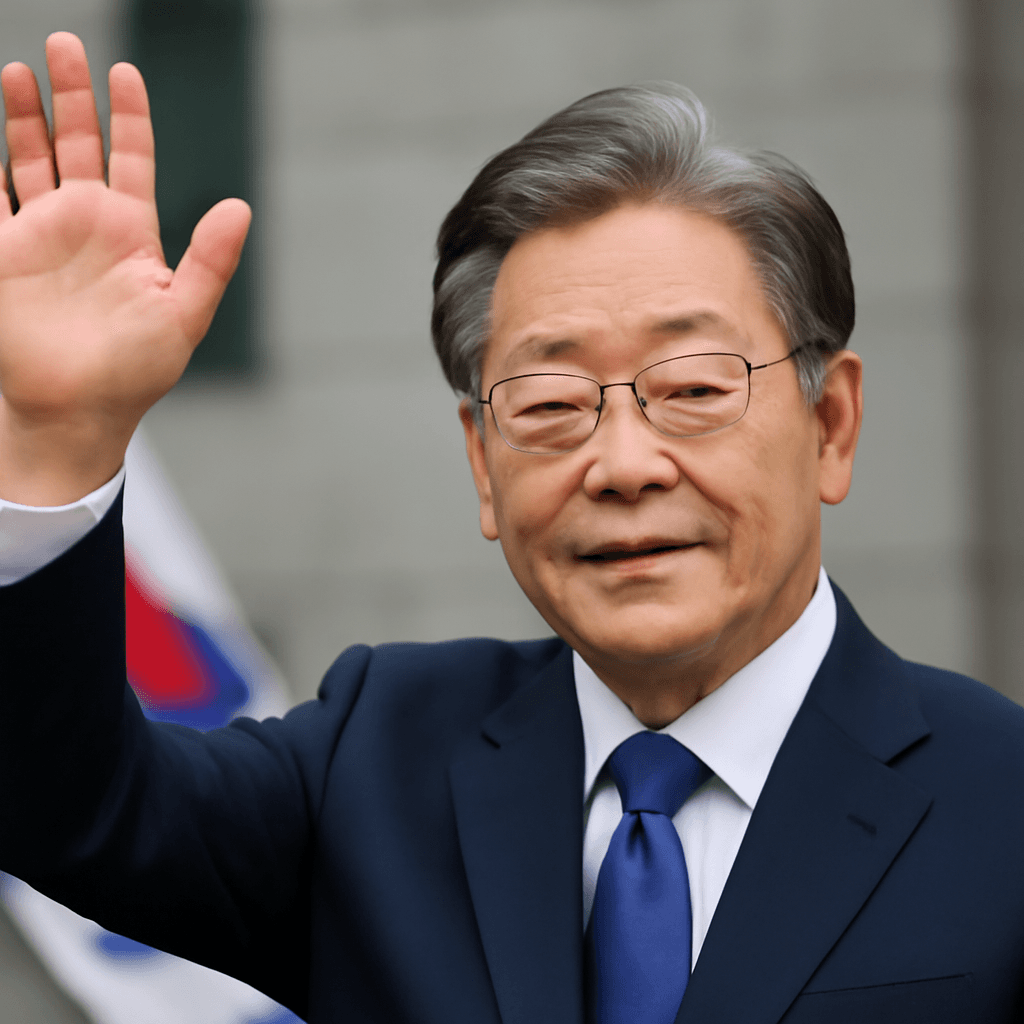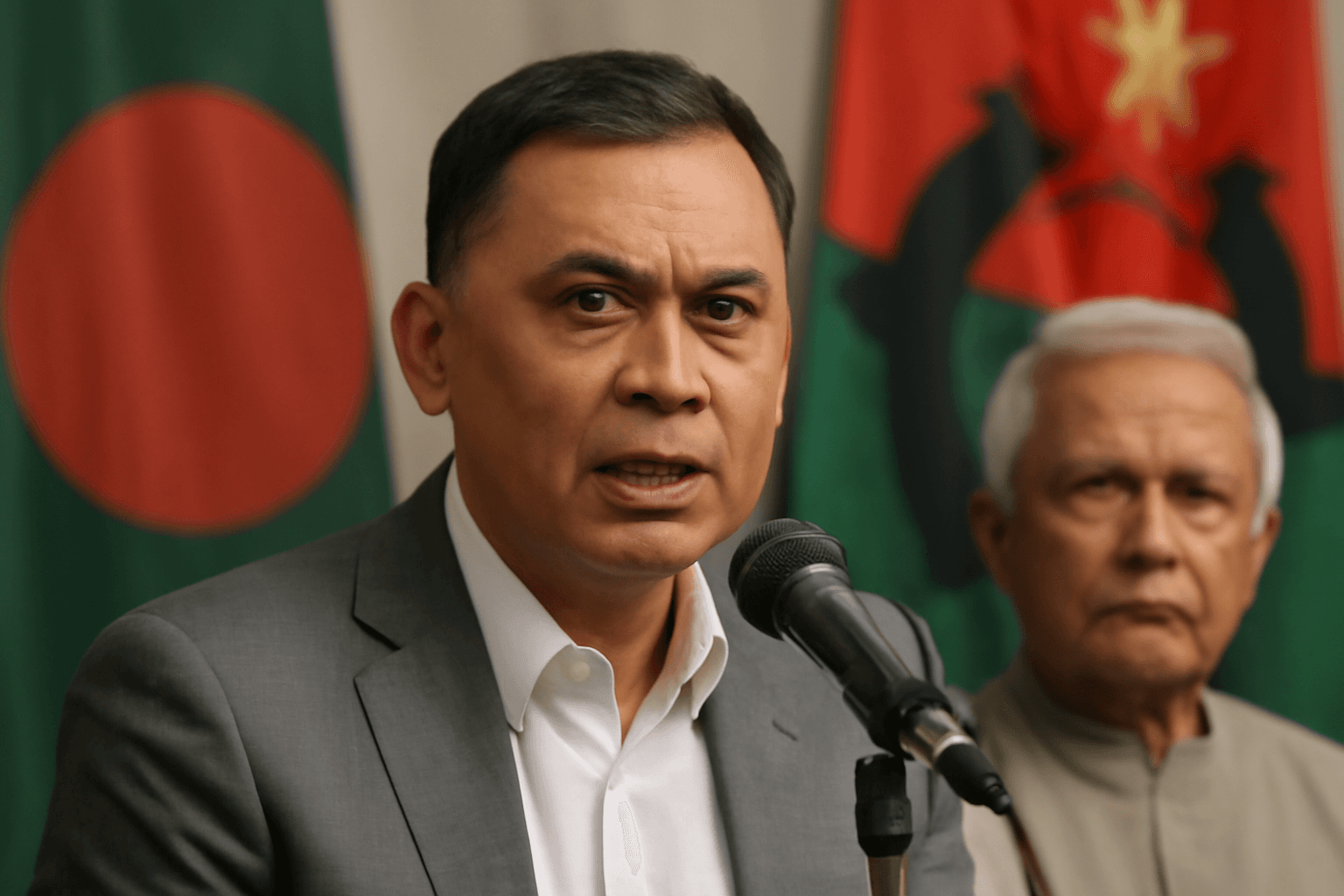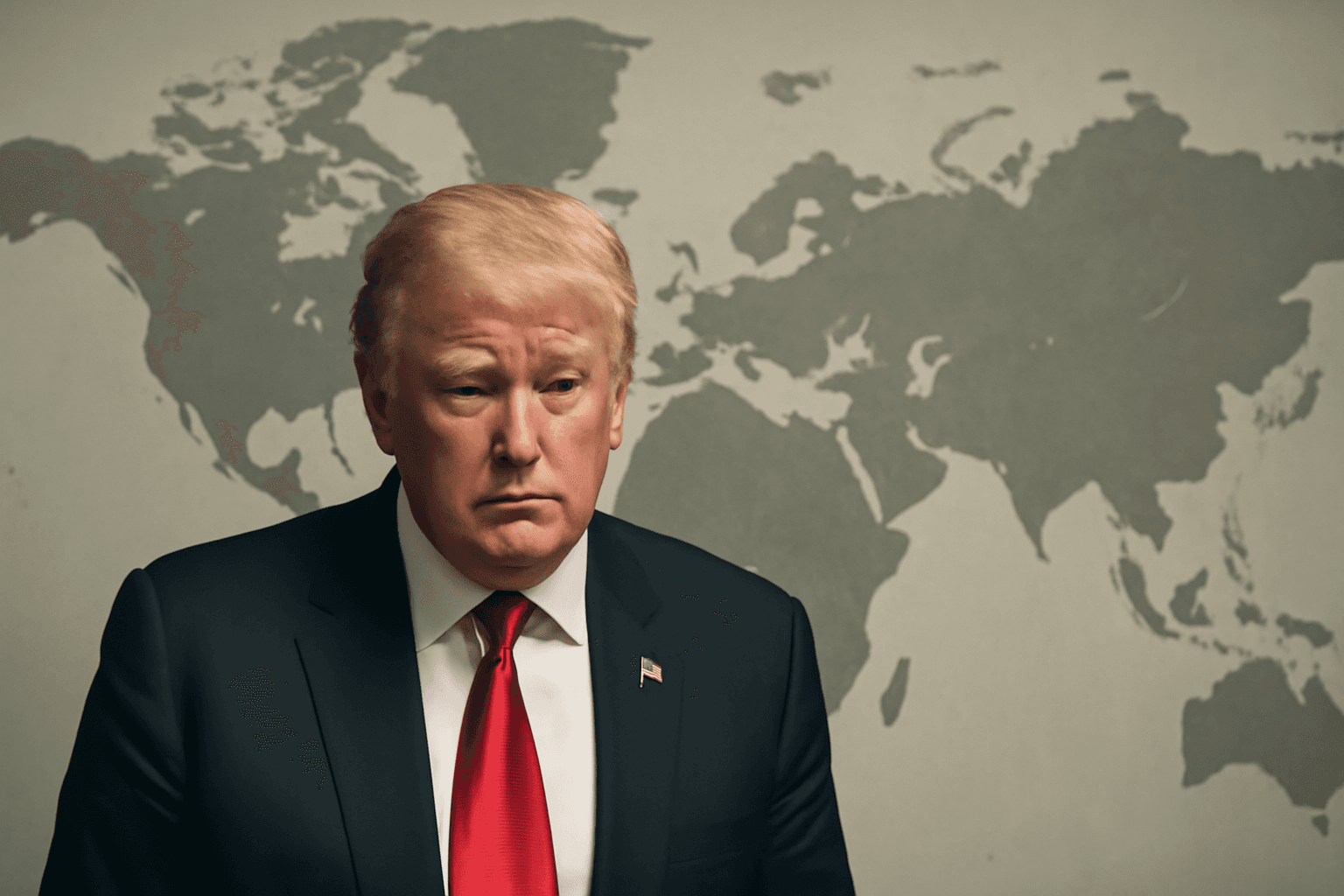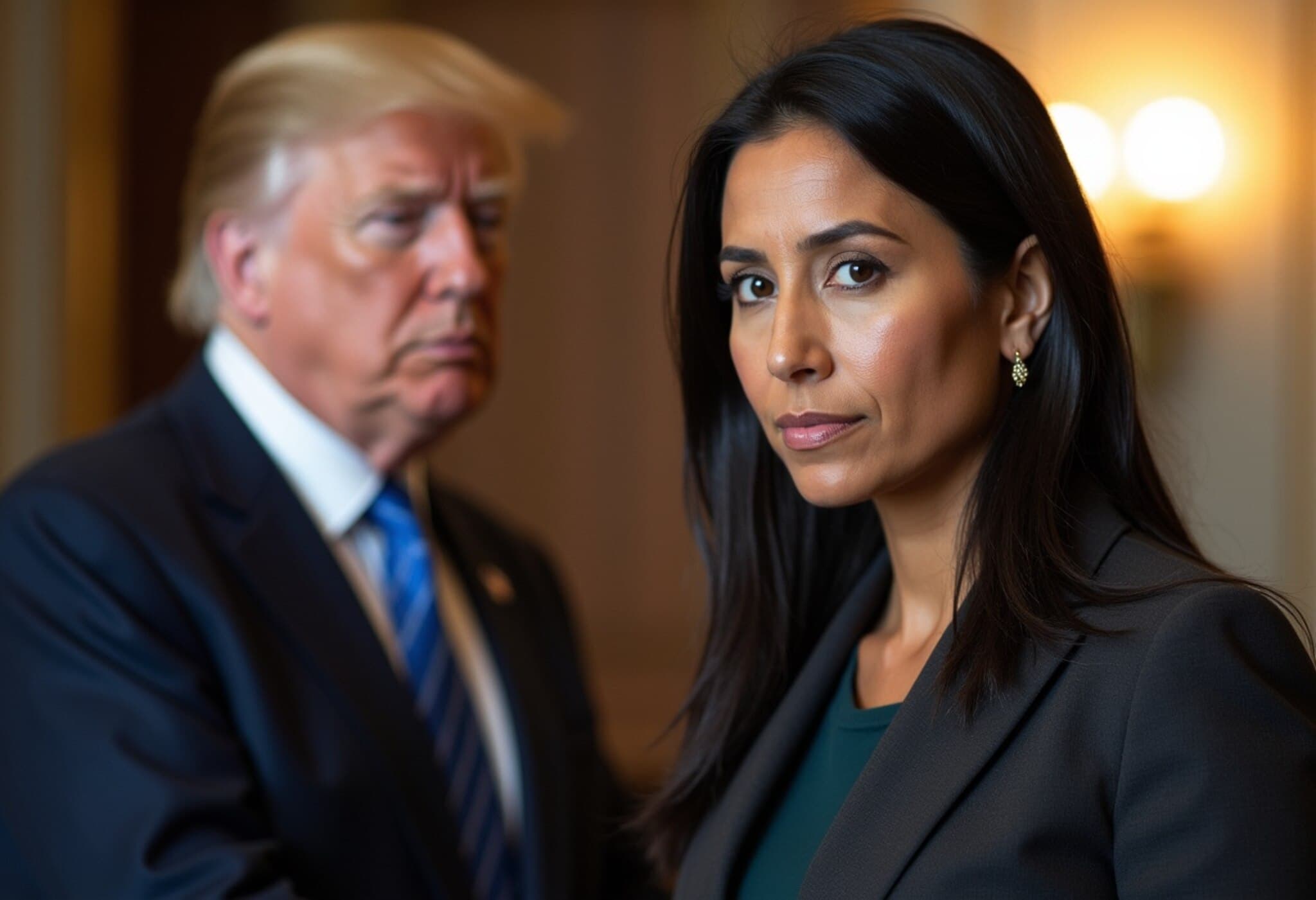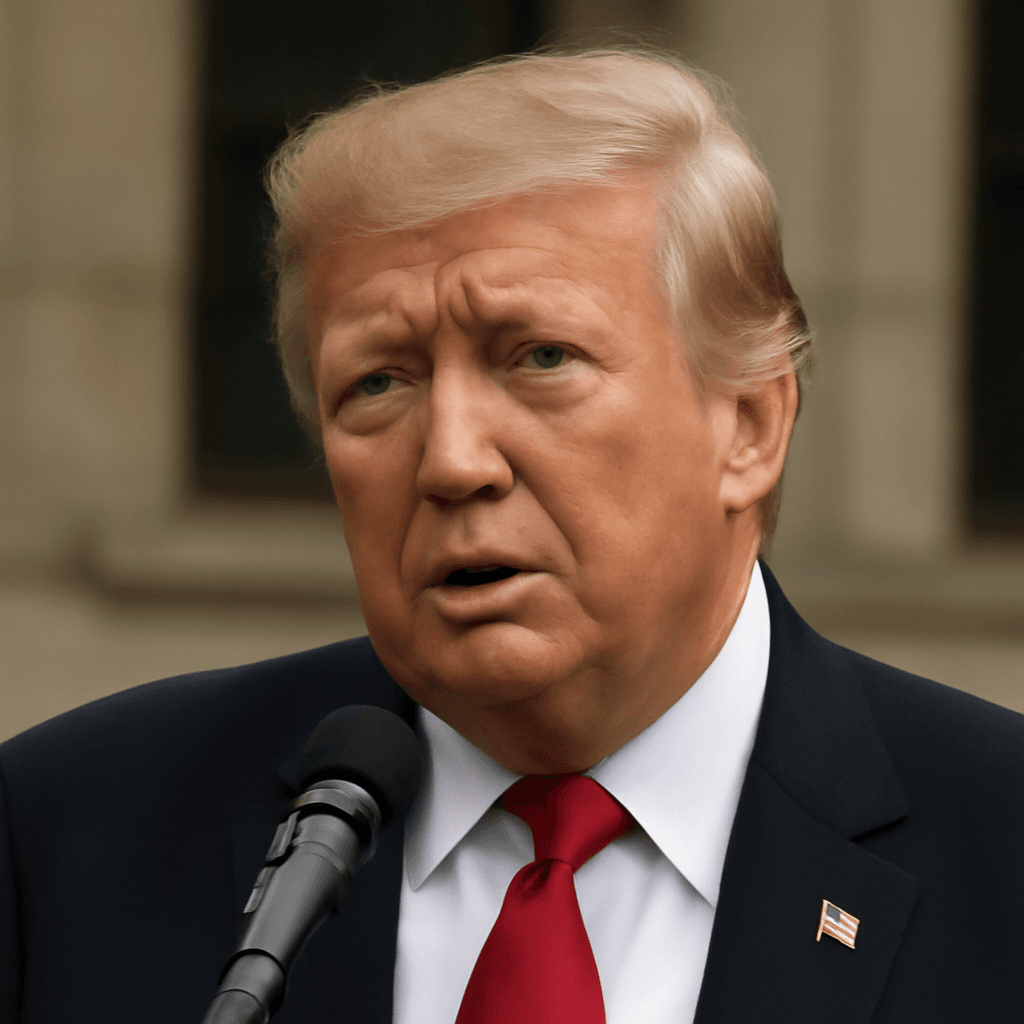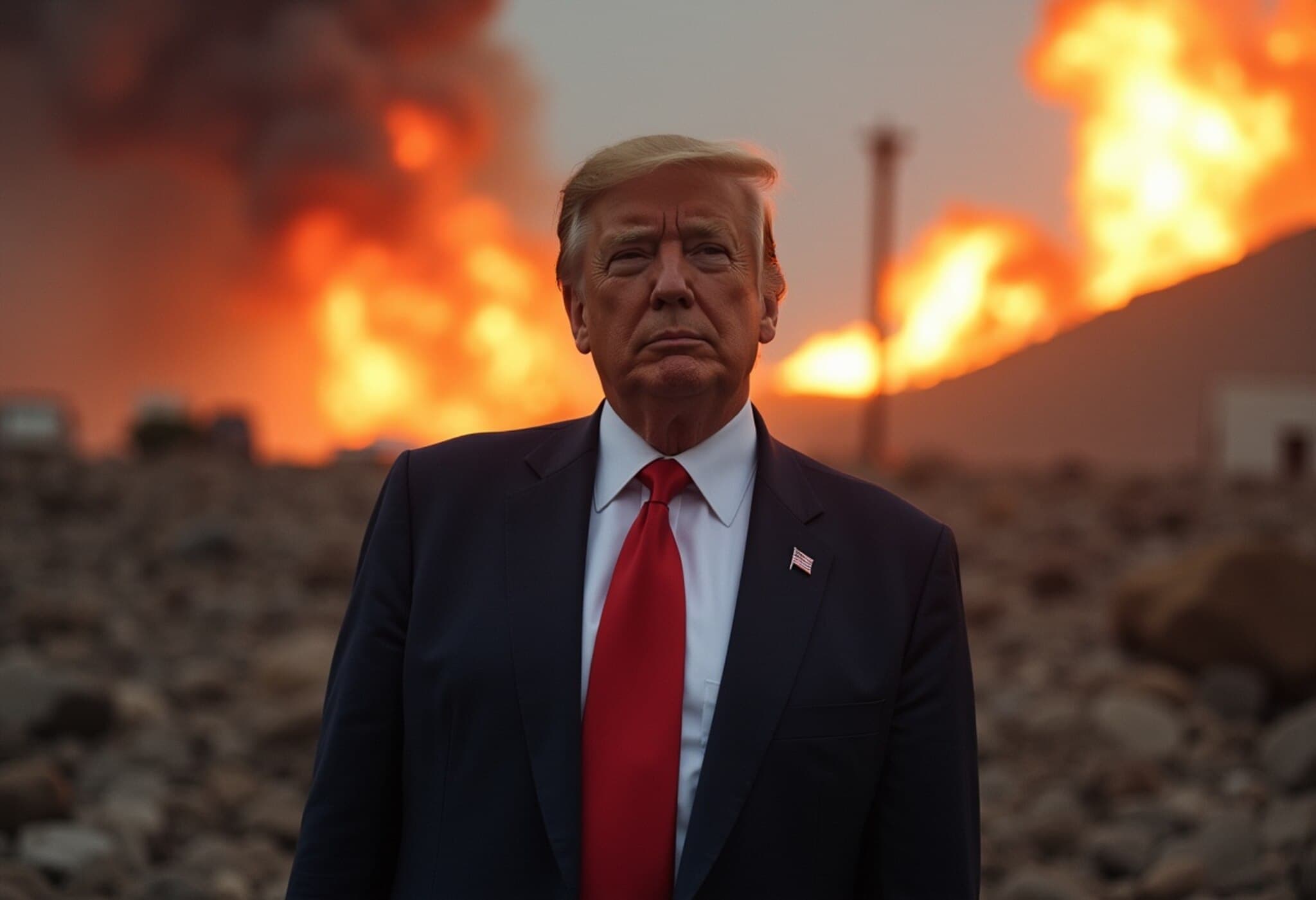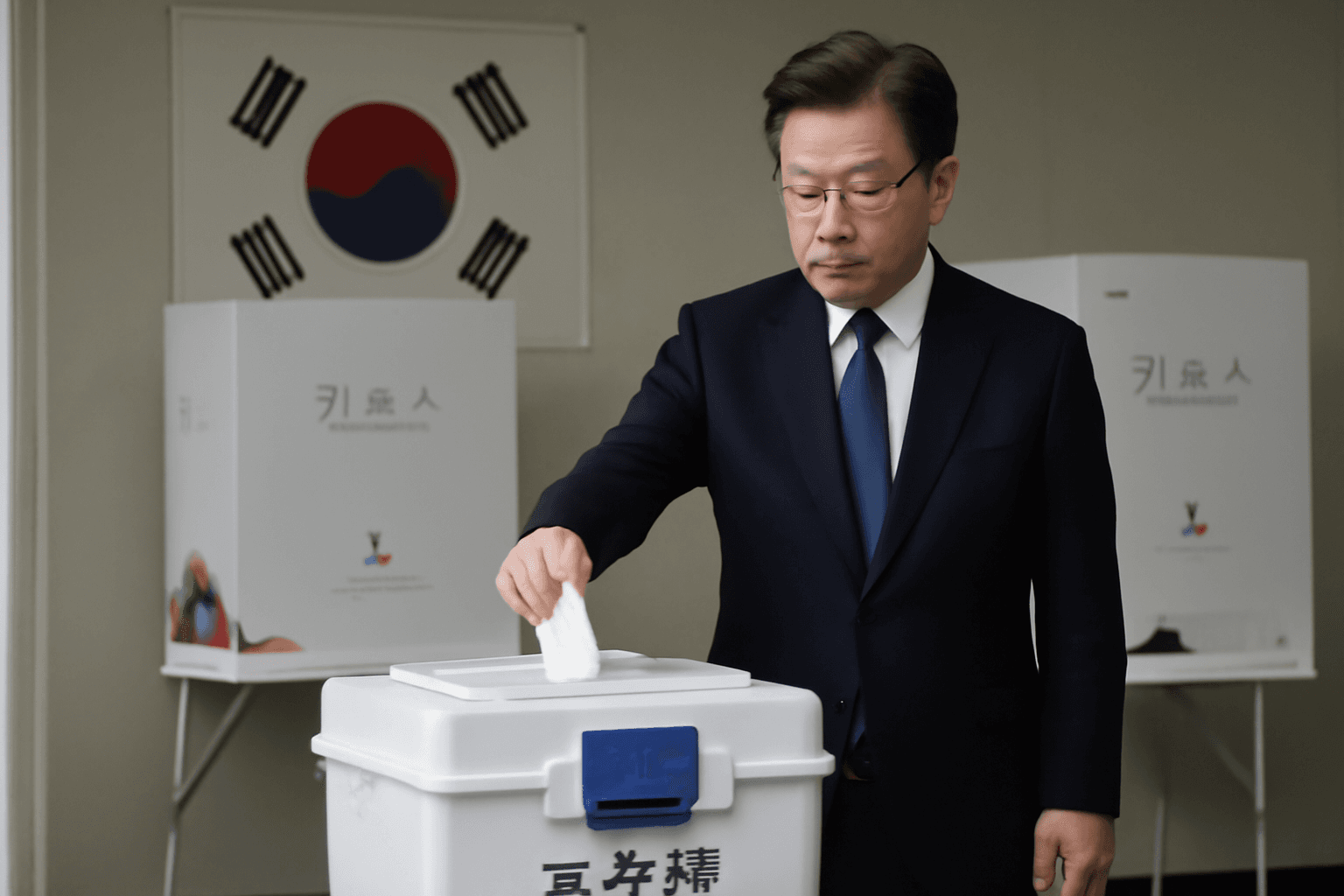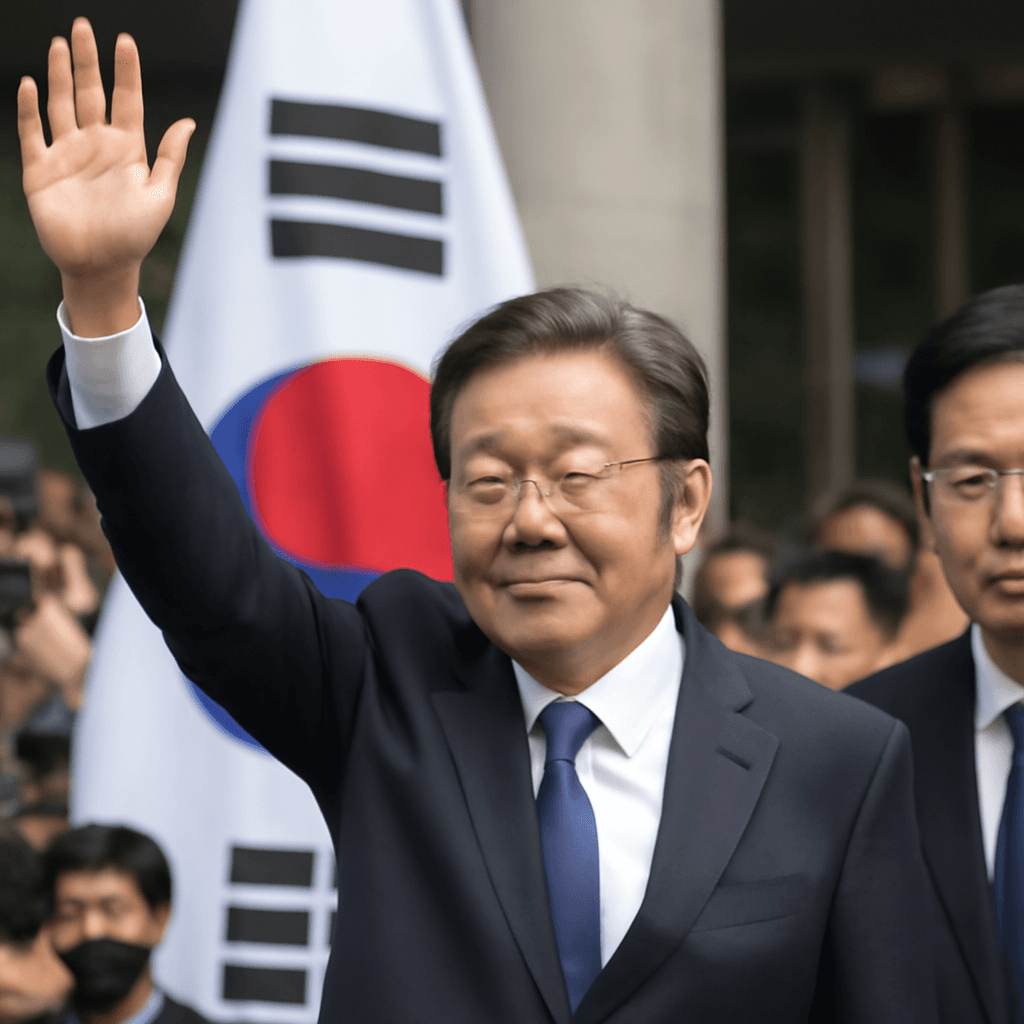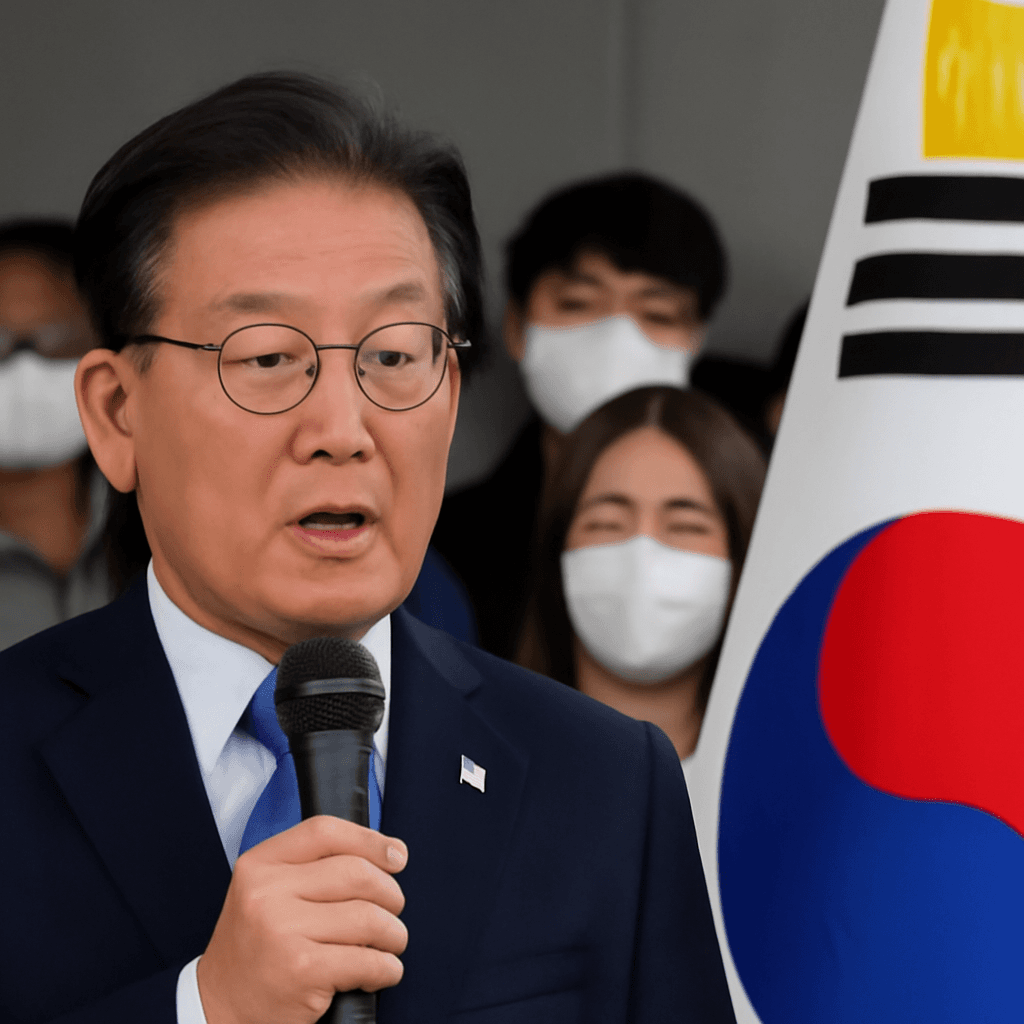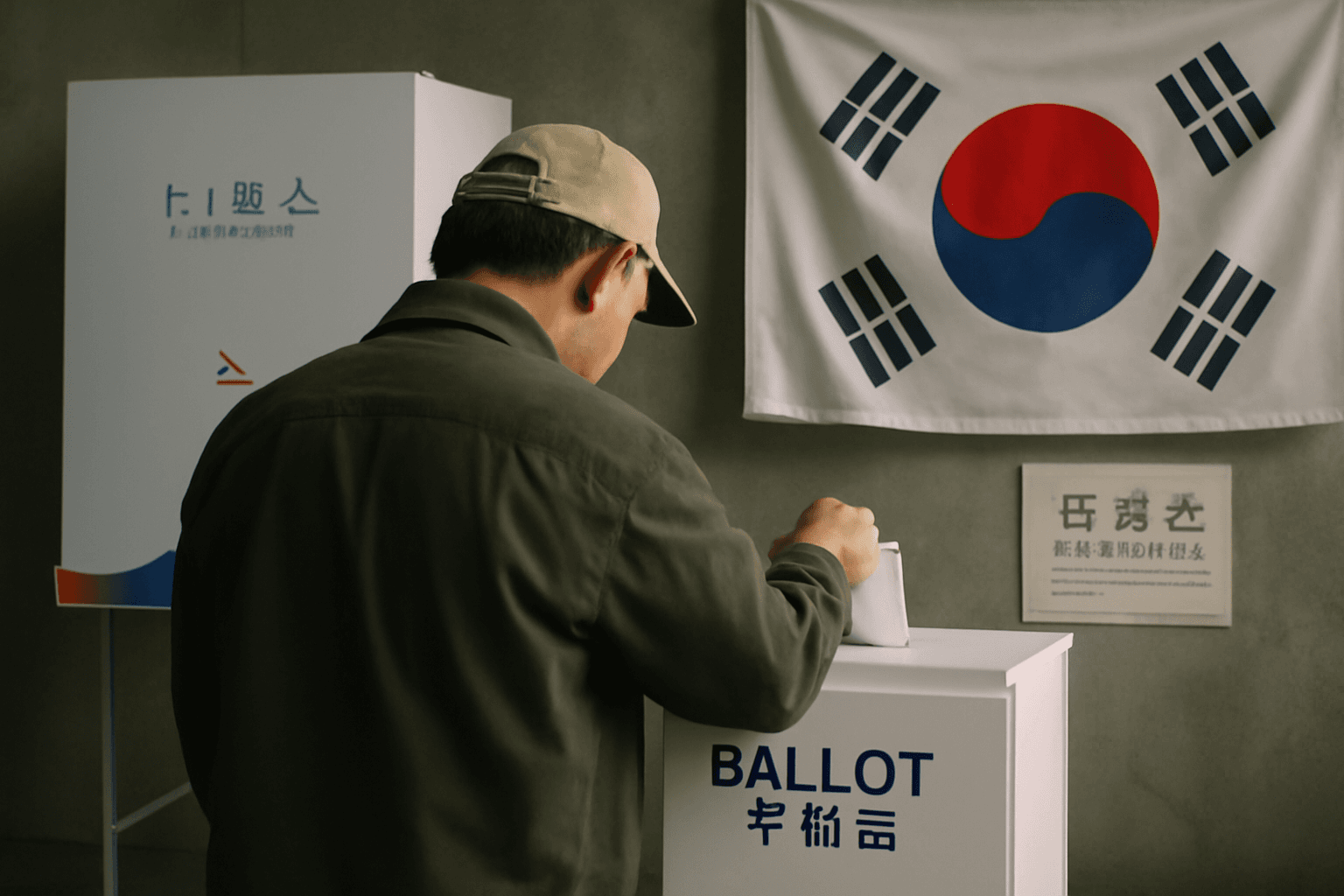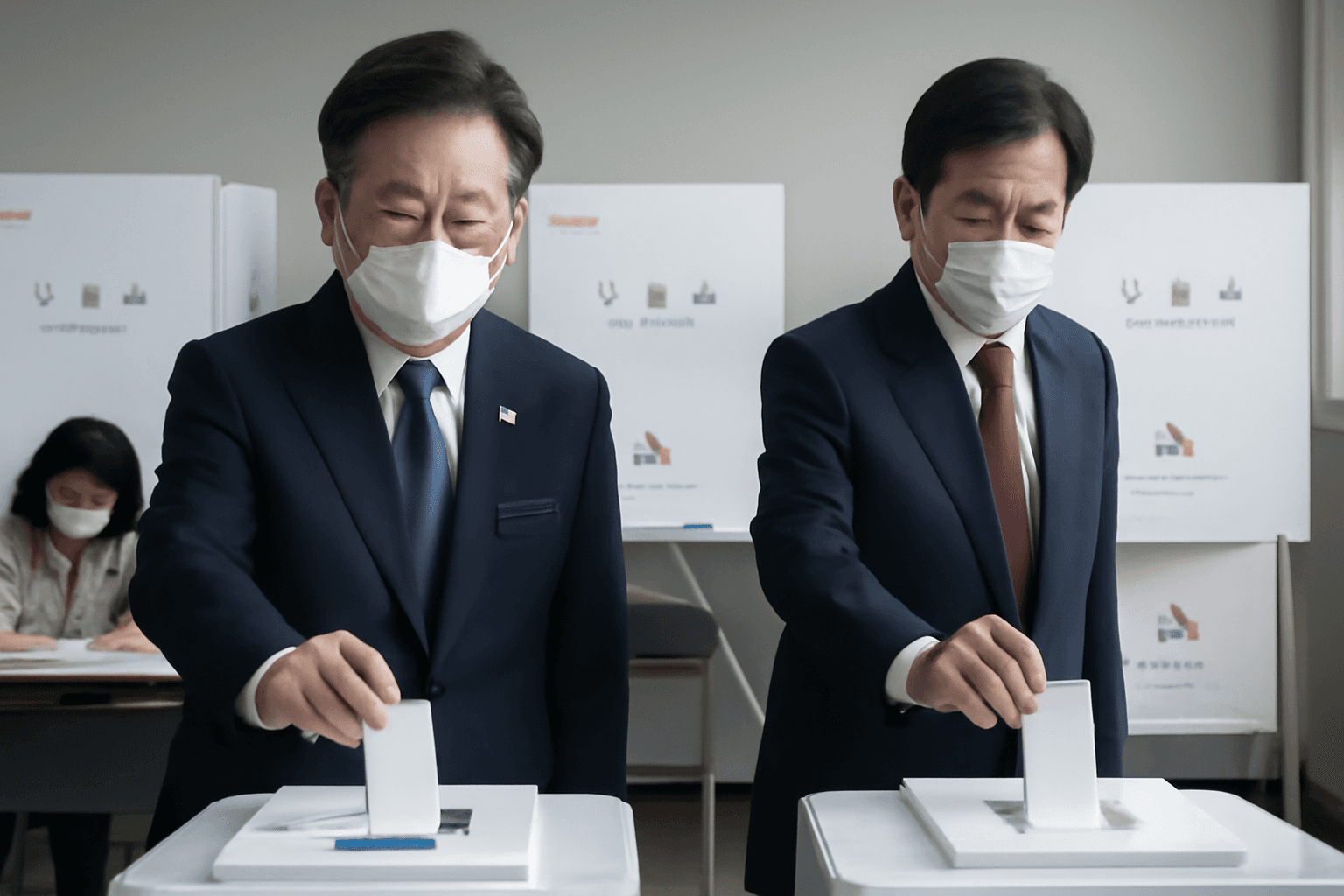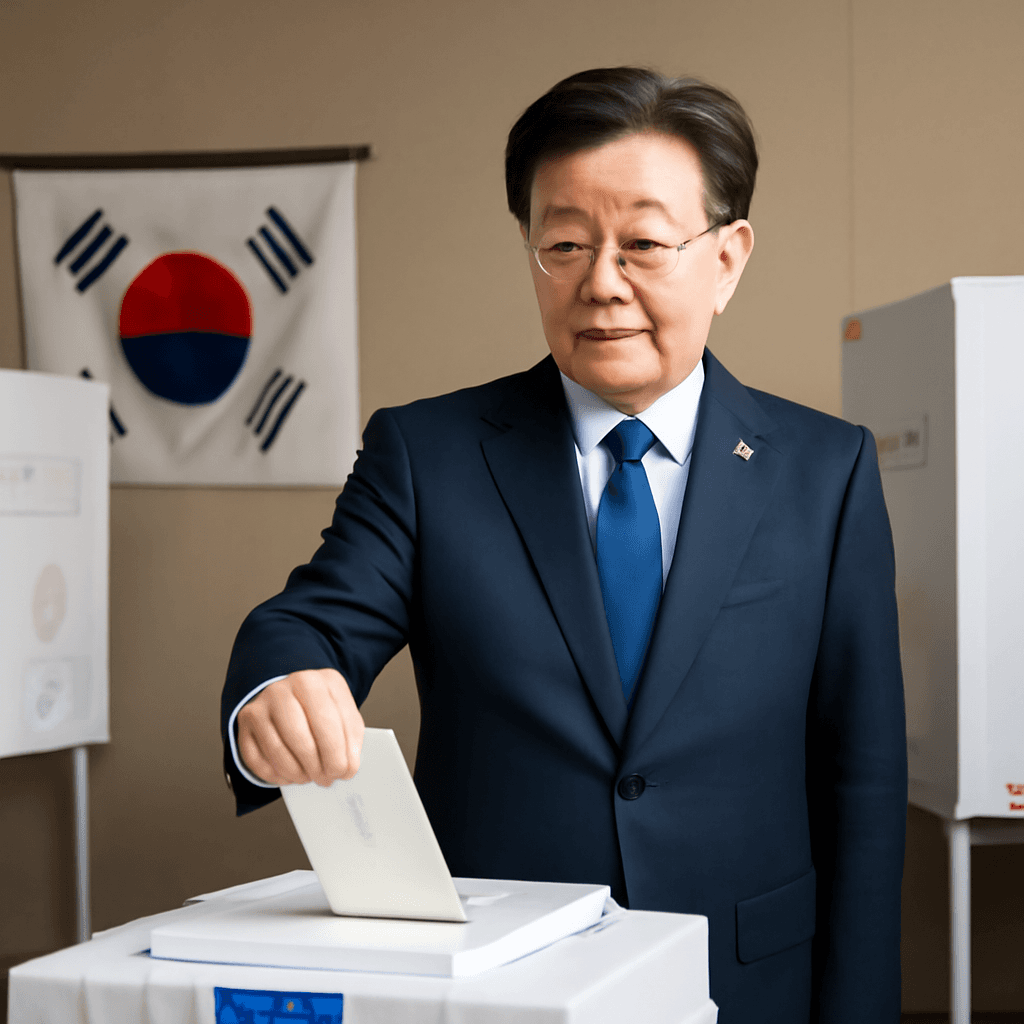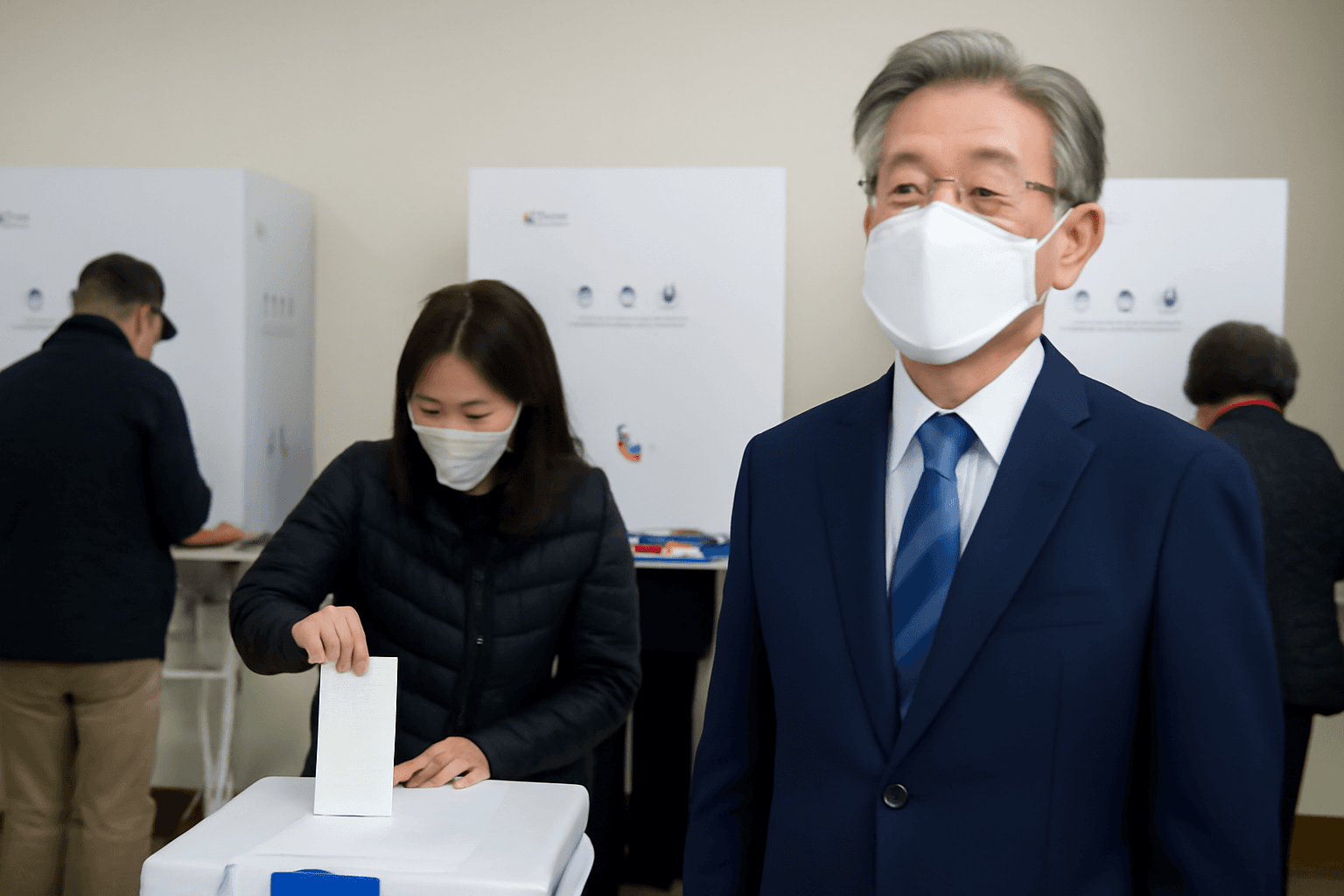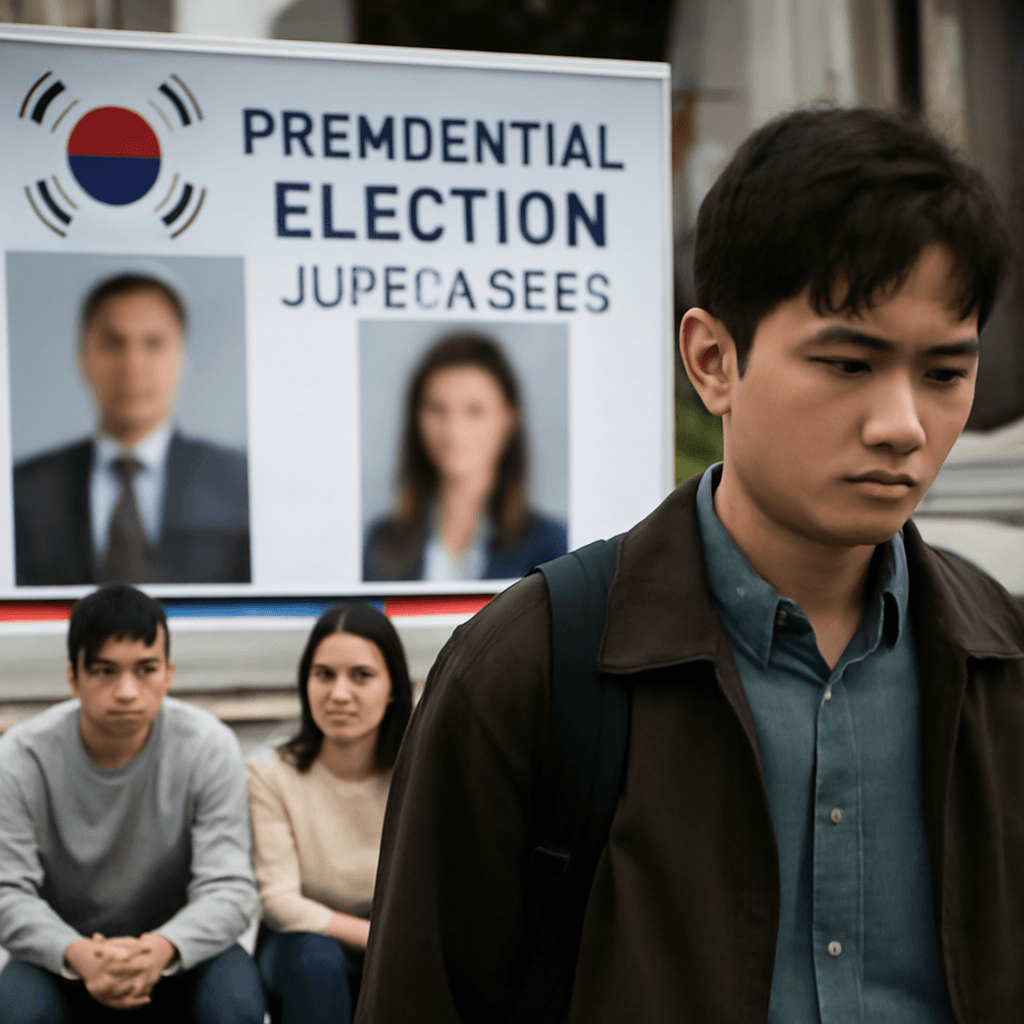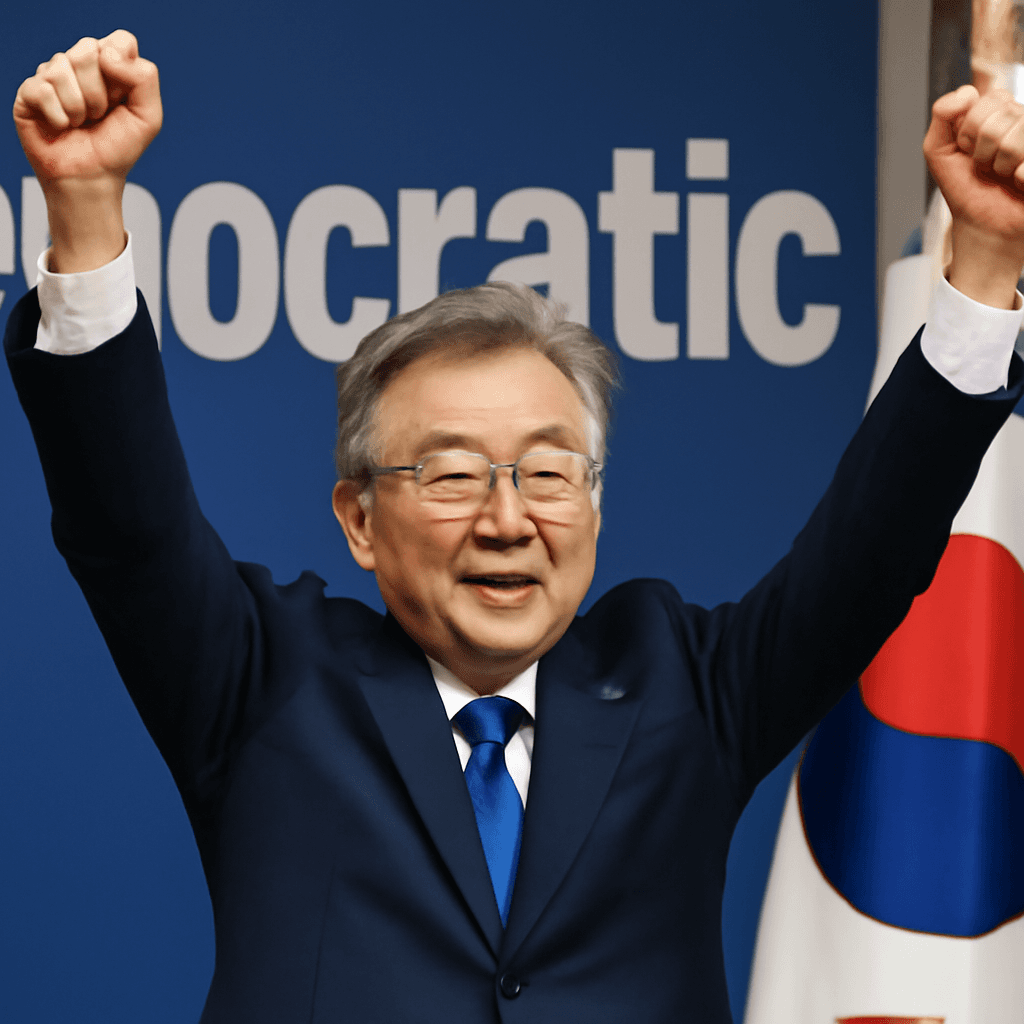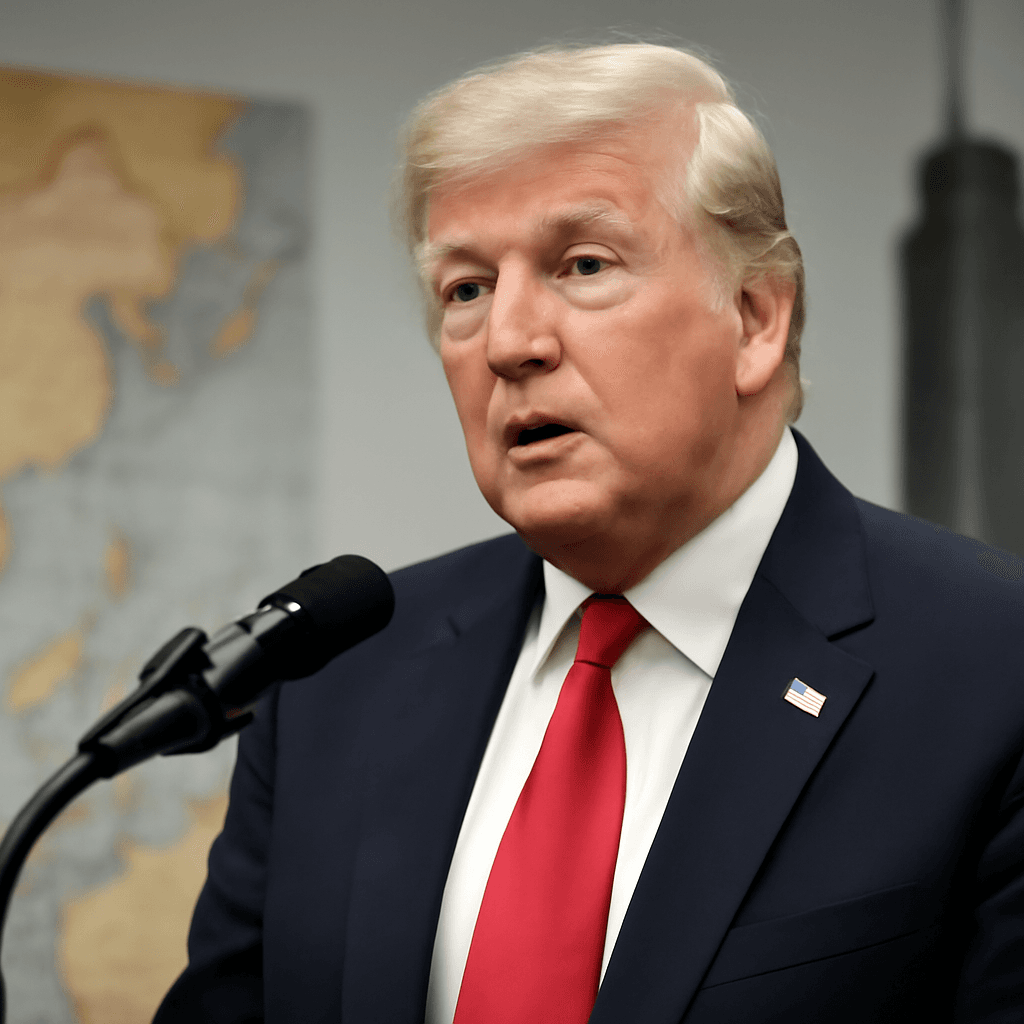Introduction
The upcoming presidential election in South Korea is drawing intense international attention, with liberal candidate Lee Jae-myung leading in recent polls. His anticipated victory may significantly alter the nation's foreign policy, potentially reshaping alliances across Asia.
Potential Shift in South Korea’s Foreign Policy
If Lee Jae-myung secures the presidency, South Korea could pivot away from its traditional alignment with the US-Japan alliance. Instead, it may move toward fostering closer ties with China, signaling a notable shift in regional dynamics.
Key Areas Impacted by Lee’s Victory
- Relations with China: Possible enhancement of diplomatic and economic engagements.
- North Korea Policy: Renewed dialogue efforts aimed at easing tensions.
- Nuclear Issues: Potential revisit of South Korea’s stance on nuclear armament and security.
Contrast with the Previous Administration
The outgoing conservative president, who was impeached following an unsuccessful attempt to impose martial law, maintained a staunchly pro-US policy. His administration prioritized strengthening security cooperation with Washington and improving relations with Japan while adopting a firm stance against North Korea.
Lee Jae-myung, who narrowly lost to the former president in 2022, has criticized South Korea’s close alignment with the US and advocated for resuming talks with North Korea. He has also expressed skepticism about deepening ties with Japan, diverging from the previous administration’s approach.
Lee’s Stance on Regional Conflicts
During his campaign, Lee emphasized that South Korea should avoid involvement in conflicts such as any potential China-Taiwan confrontation. Although his comments sparked debate, he clarified that his position does not indicate favoritism toward China.
Moderation and Pragmatism in Approaches to the US and Allies
In efforts to appeal to moderate voters, Lee has recently moderated his rhetoric. He affirmed support for the US alliance and committed to continuing trilateral cooperation with both the US and Japan. This tactical adjustment aligns with Washington's priorities in countering challenges posed by China and North Korea.
Geopolitical Implications and Future Prospects
Lee’s victory could lead to a nuanced foreign policy balancing act between maintaining essential US-led security alliances and engaging China diplomatically. This evolving stance also comes amid heightened global tensions fueled by trade disputes and regional security concerns.
Particularly noteworthy is the potential for friction with the US, given the history of tariff disputes and demands regarding the cost-sharing of US military presence in South Korea.
Conclusion
The results of South Korea’s presidential election carry substantial implications for Asian geopolitical alignments. A shift under Lee Jae-myung’s leadership could redefine the nation’s role in regional security architectures, economic partnerships, and diplomatic strategies.

